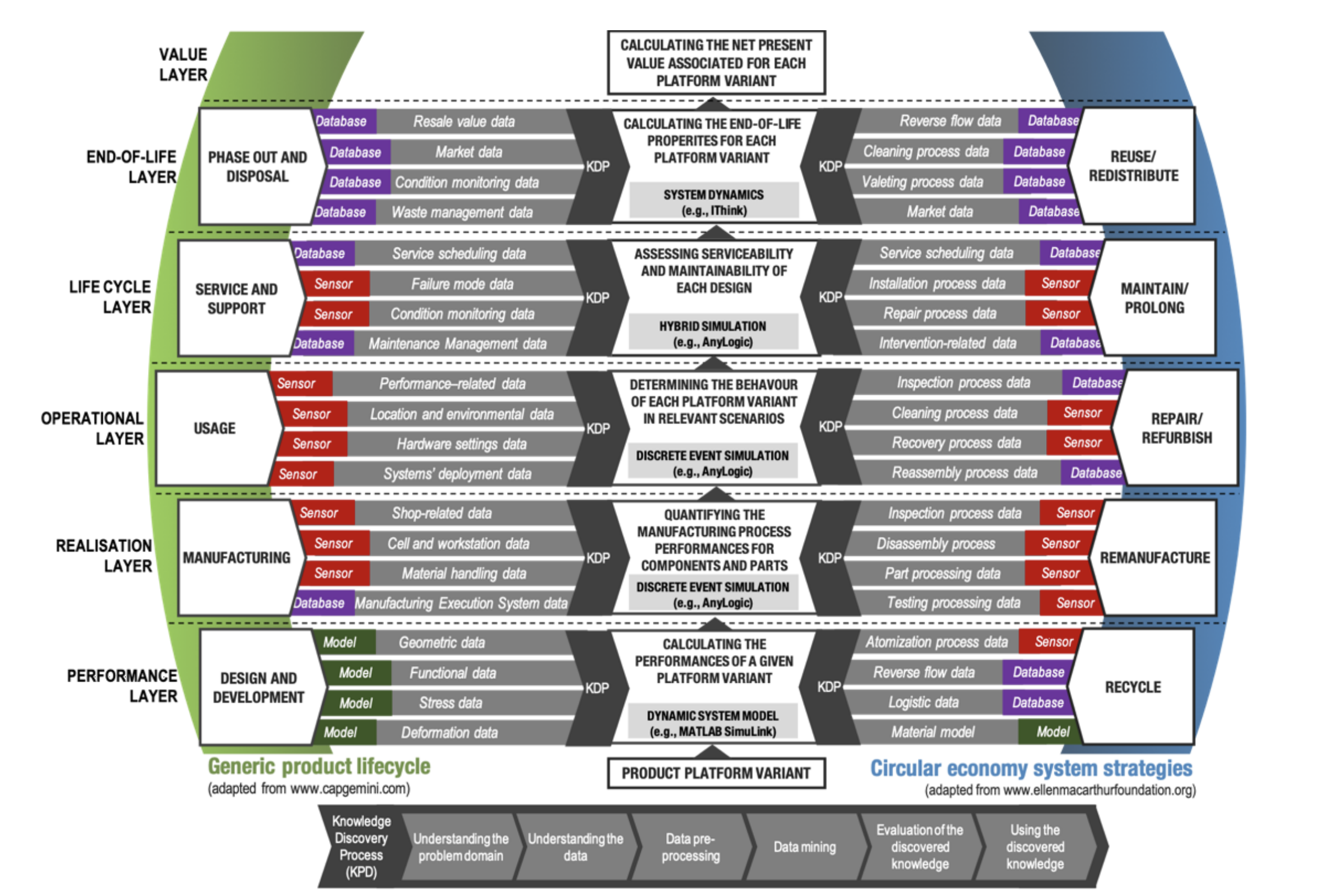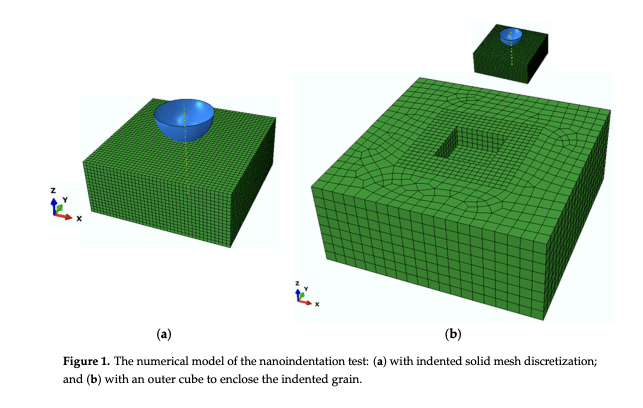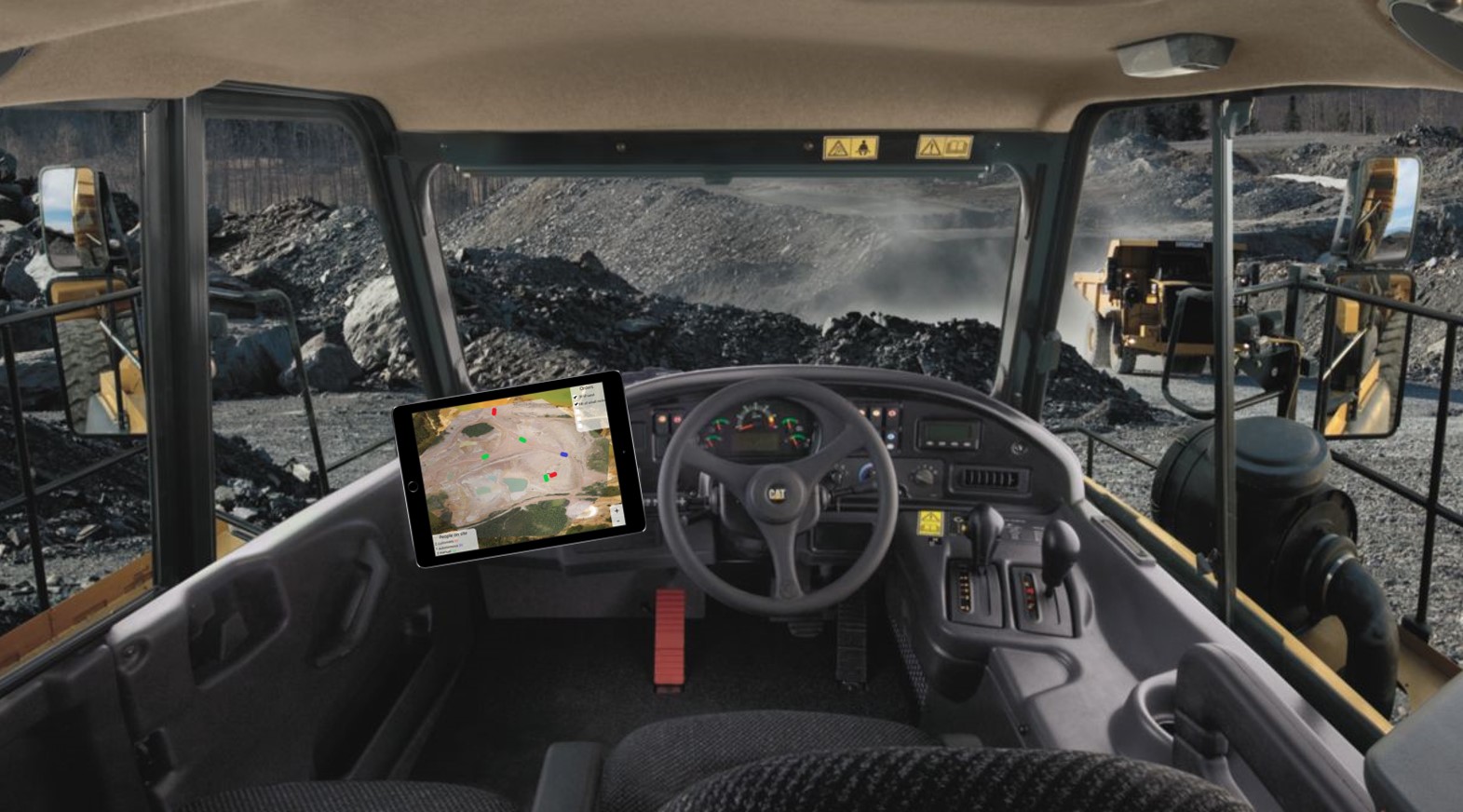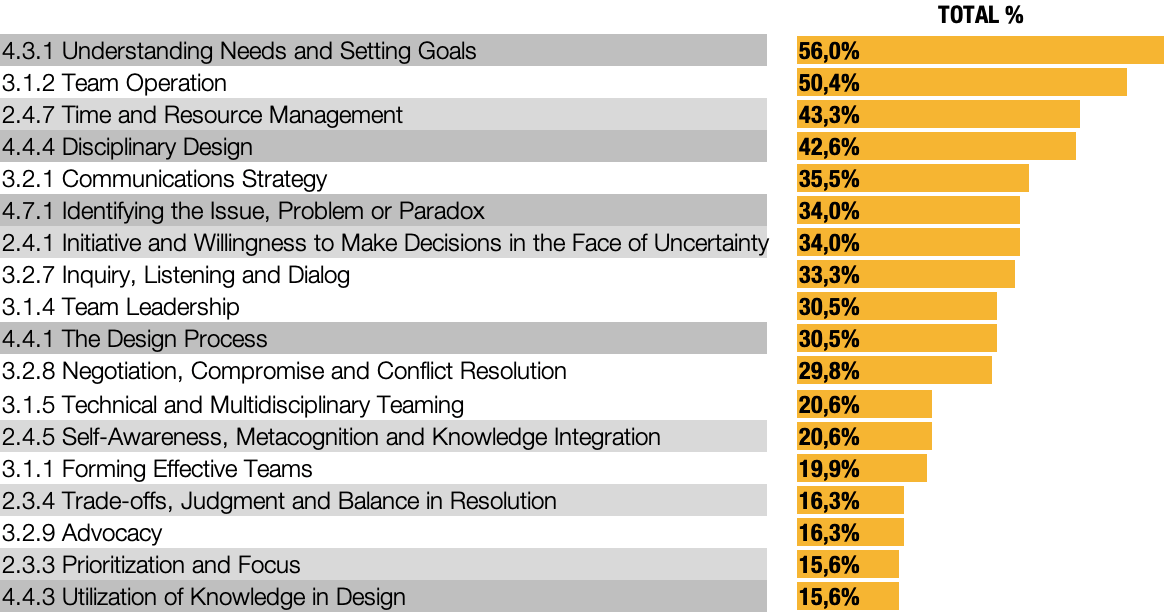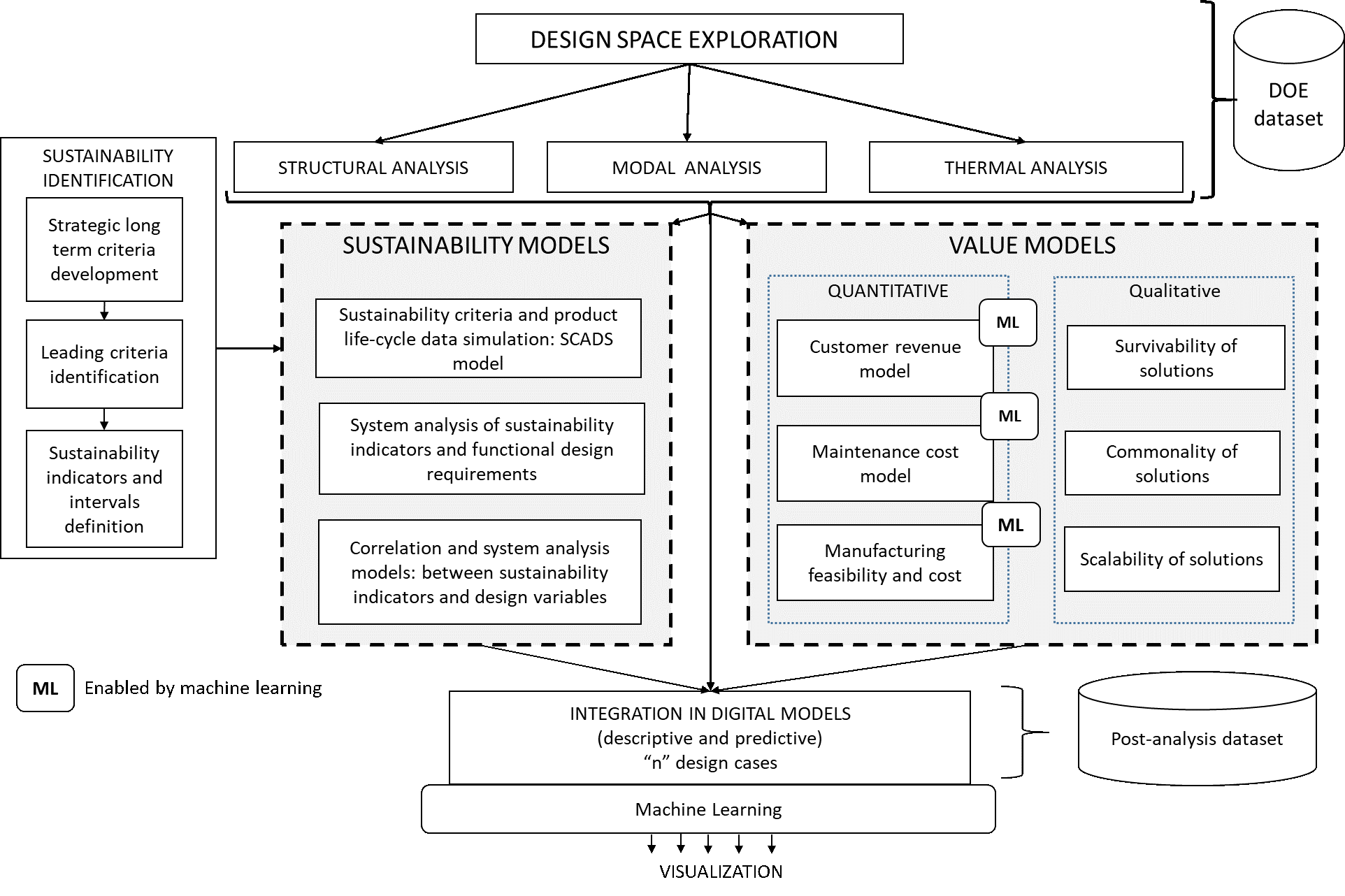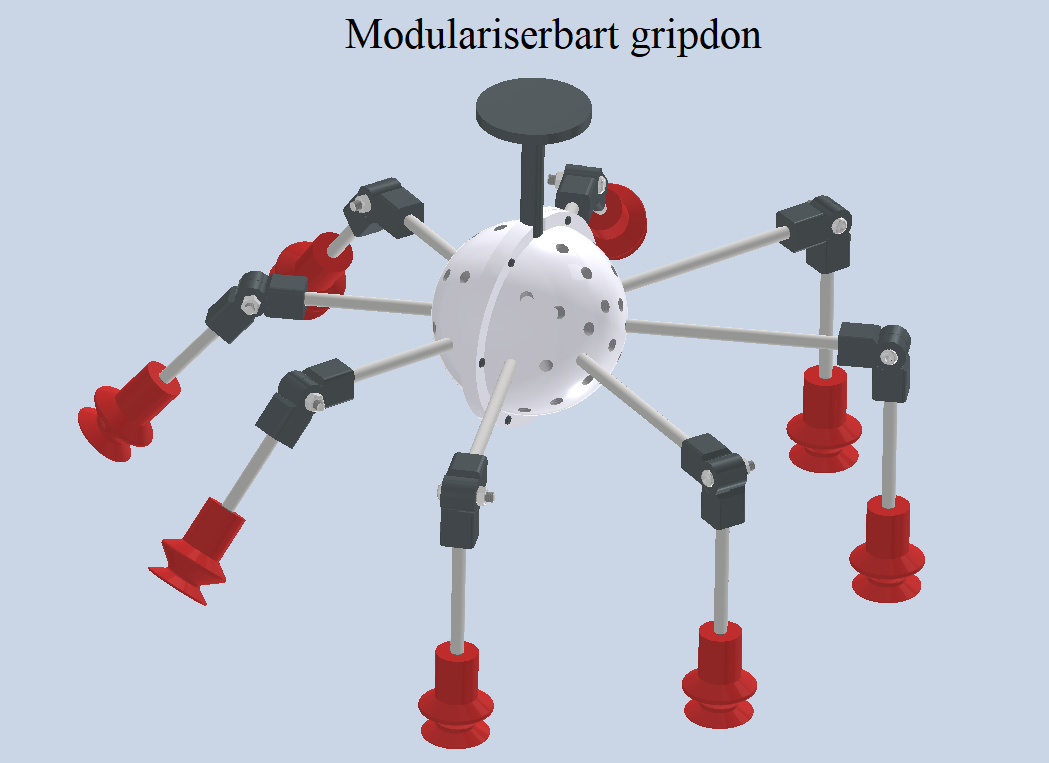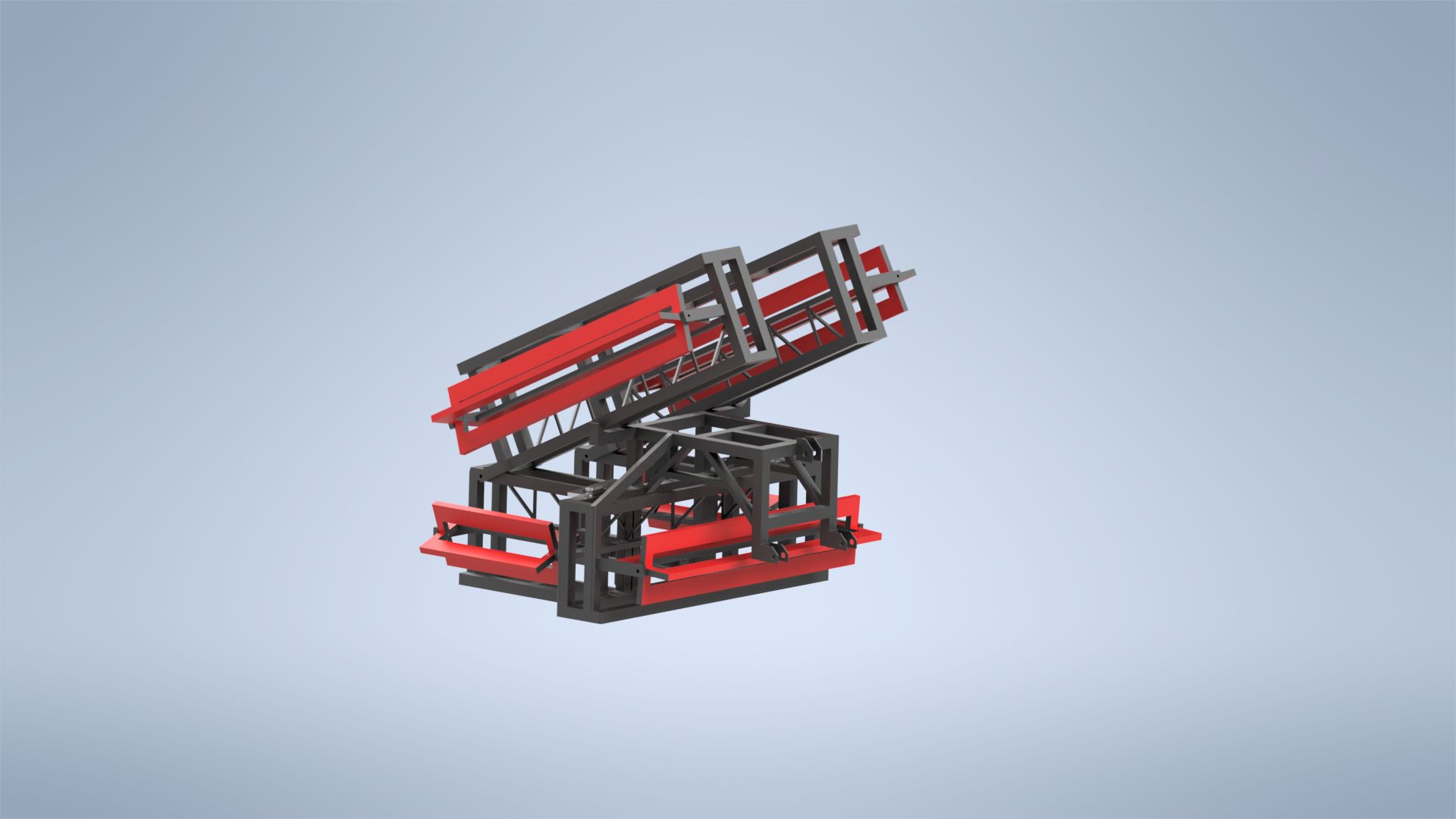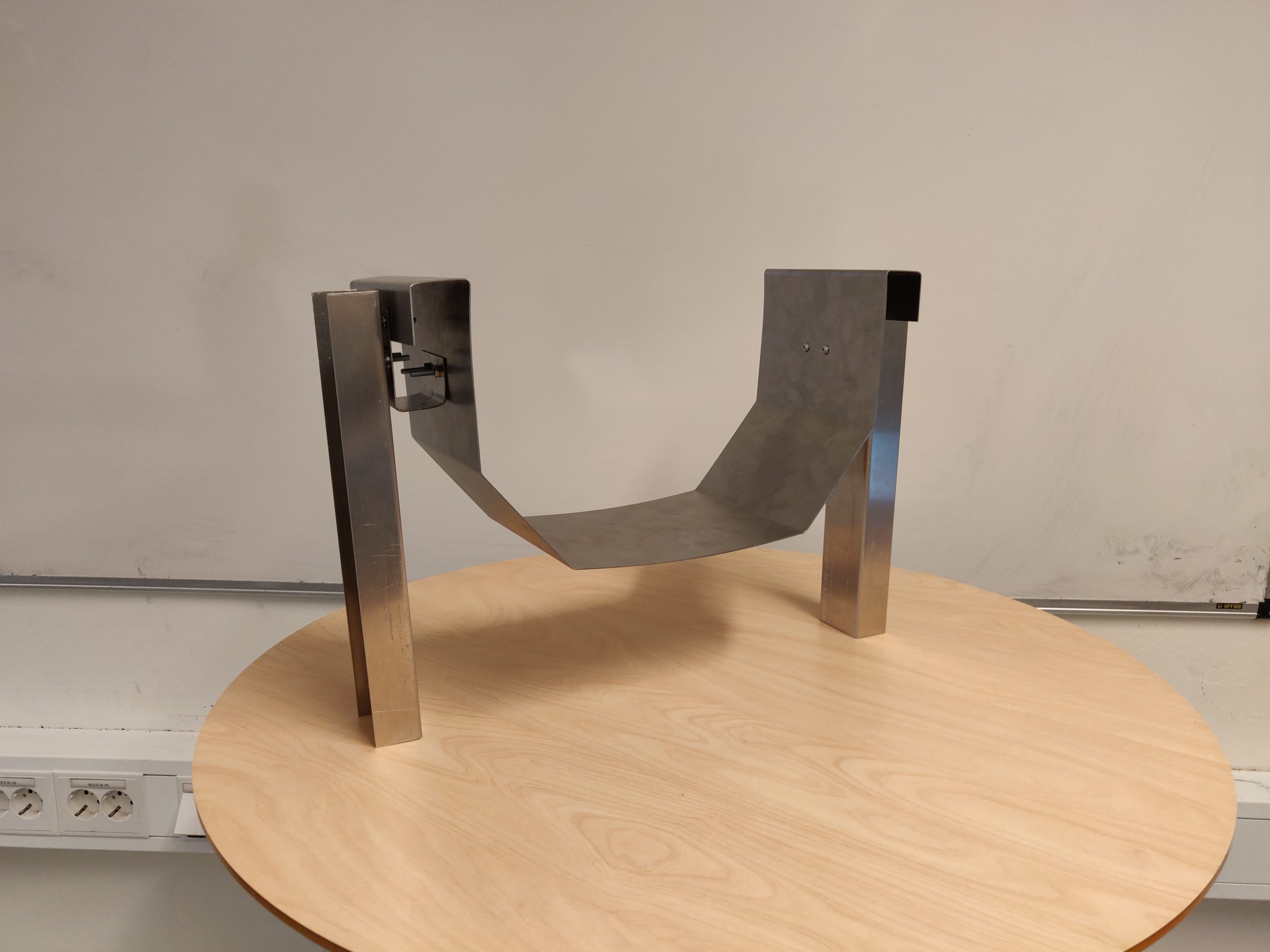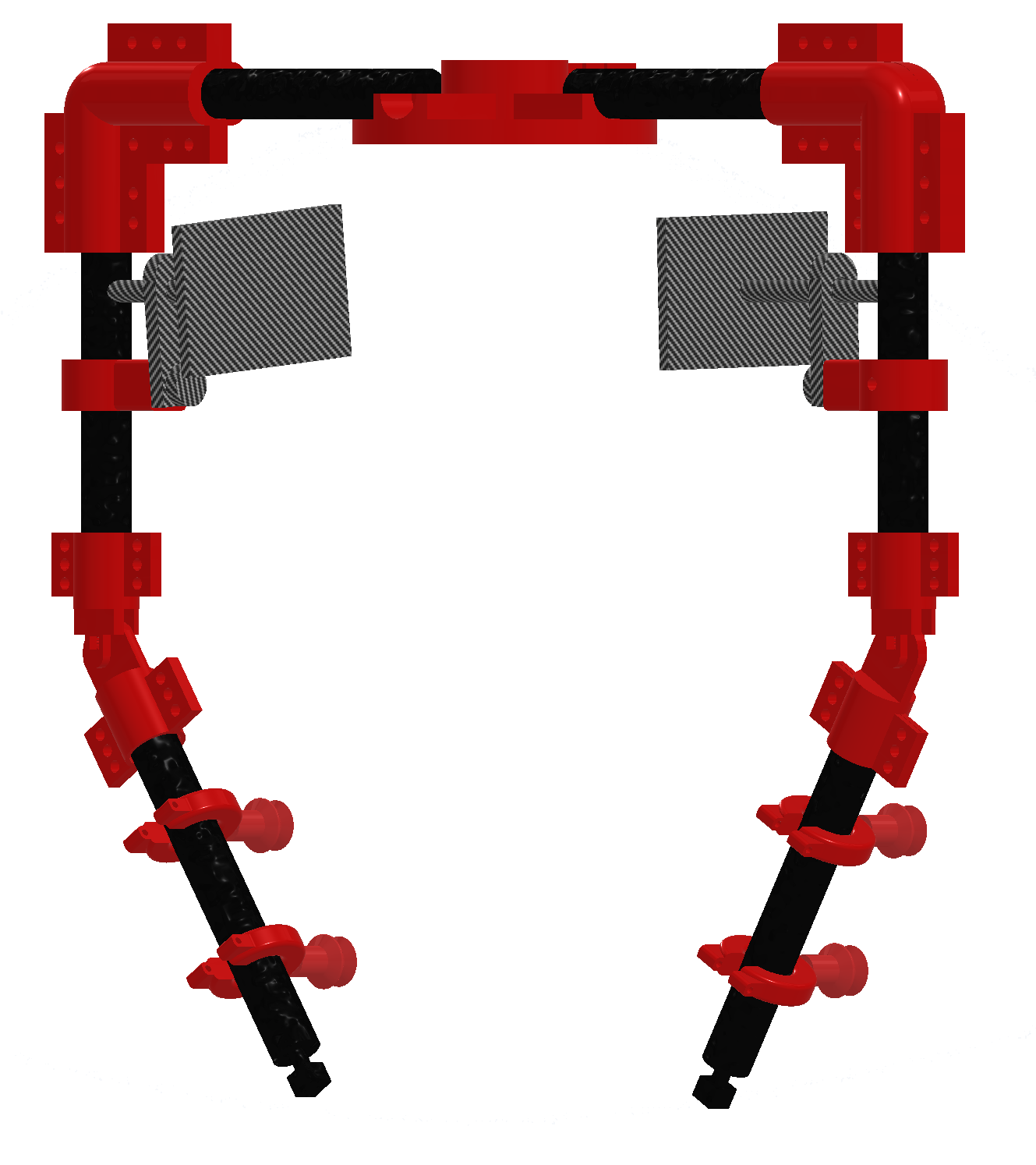Produktutvecklingslabbet bjöd in till en eftermiddag i Karlskrona Makerspace där ungdomar fick delta i årets sportlovsaktivitet; att i team klura på ett problem och sedan uppfinna sig en lösning till problemet. Forskarna Tobias Larsson och Omsri Aedulla Kumar berättade kort om problemlösningsprocessen och vilket material de hade att jobba med för att lösa utmaningen. Med […]
Read More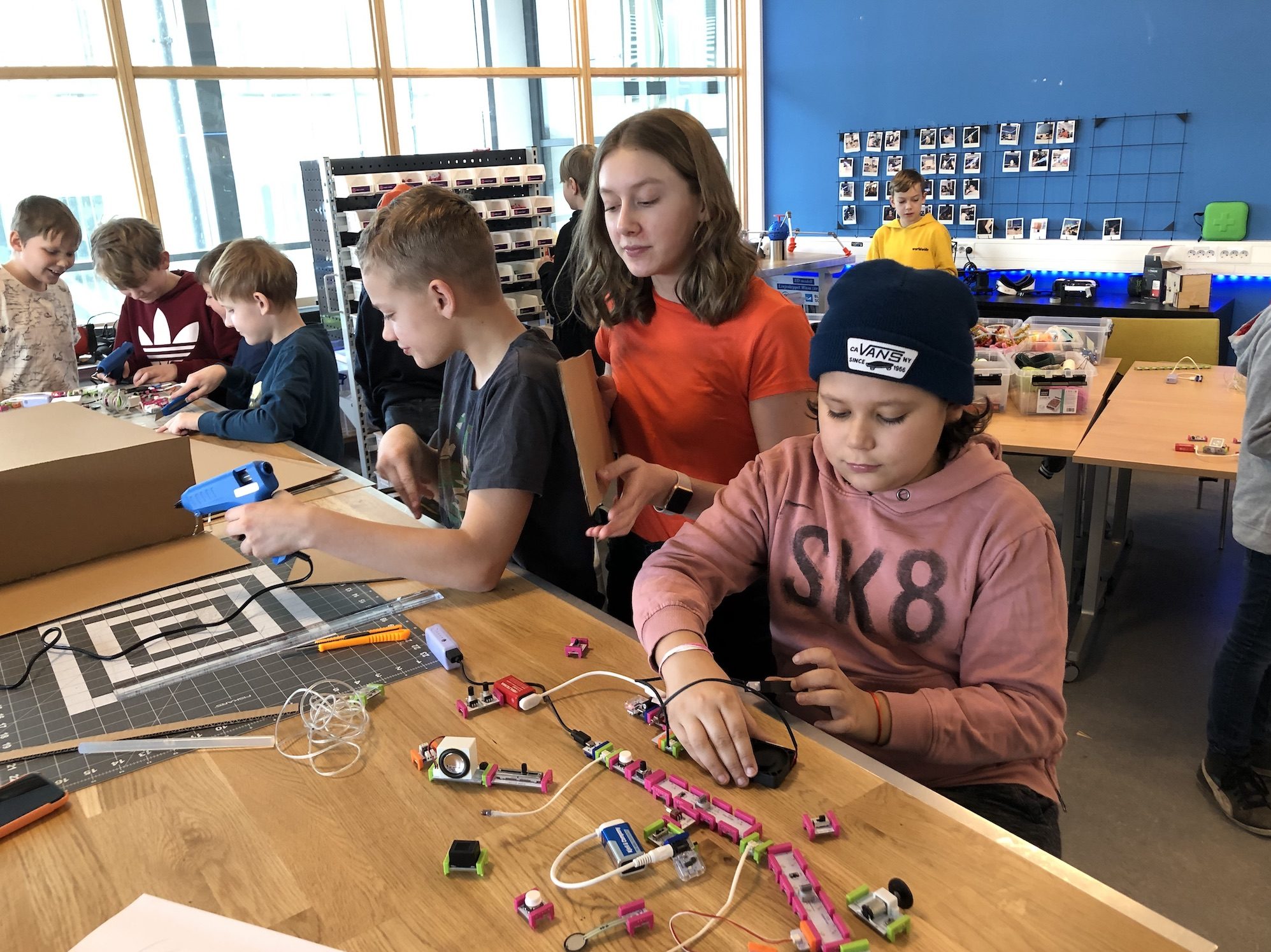
Blivande uppfinnare på sportlovsbesök!
- 19th February 2020
- No Comment

